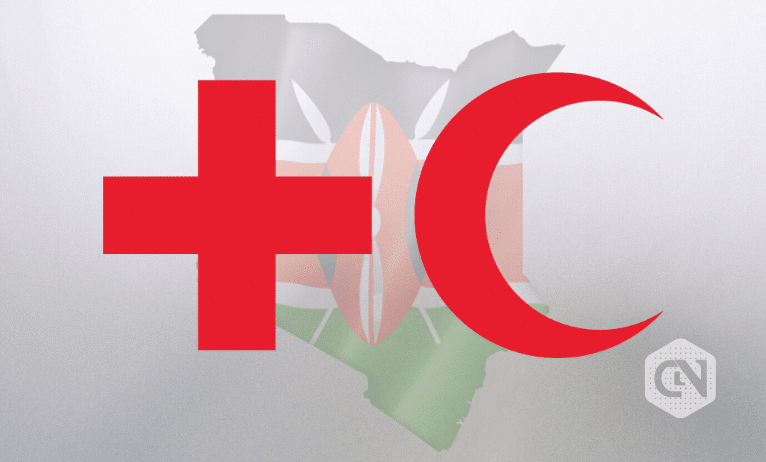On Tuesday, the globally reputed Red Cross societies of Norway, Denmark, and Kenya unveiled a two-year effort to bring into play blockchain-oriented ‘local currencies’ to boost trading activities within the deprived communities, stated a report by Thomson Reuters Foundation. These vulnerable rural and slum communities have ample offerings to sell in the market, but the issue which hinders their substantial growth is lack of cash to purchase and trade these offerings.
With a view to lend support to the crippling economies of these underprivileged economies, the Red Cross societies have planned to introduce the excellence of cryptocurrencies in the system. Every year Red Cross disburses a whopping sum of $1 billion in the form of hard cash and vouchers to cater to the requirements of the communities living in disaster-prone areas. By infusing the unprecedented features of blockchain technology, the NGO groups aspire to render the slum-dwellers and poor villagers in the Kenyan region an opportunity to earn digital returns for their products and services.
The newly introduced digital currencies system works on an efficient yet user-friendly app that transfers credits to the particular service provider sourced via mobile phones. These transactions automatically get traced down to the blockchain network. This system aims to create a reliable credit loop within the deprived communities, which helps them become self-sufficient in facing and surviving disasters, which are quite common in Kenya.
Advertisement
The official report revealed that the project had been put to the test in some regions of Kenya and Ethiopia. By fostering easy credit returns earned from produce sale and work, the innovative project is likely to trigger the financial ecosystem of these deprived communities in the best way possible. As for the starting phase of the project, Red Cross is implementing it in Kenya with plans of expanding it to other countries like Malawi, Myanmar, Zimbabwe, Cameroon, and Papua New Guinea. The primary objective of the project is to offer aid to 320,000 users in the span of the next two years.
In 2018, the International Federation of Red Cross and Red Crescent Societies (IFRC) came together with the Kenya Red Cross Society (KRCS) to launch a pilot project based on blockchain open-loop payments in the Isiolo County, Kenya. This pilot project helped in maintaining transparency and accountability with respect to the aid distributed in the region by the NGO.
UNICEF, the global organization, laid the foundation of a crypto donations fund two months ago, which fostered receival, holding, and distribution of donations by the UN body in the form of digital assets. In Sierra Leone, a firm named Kiva came up with a blockchain solution that worked in creating digital identities for the native citizens.
Advertisement
The Red Cross organization partnered with Evernym and four other NGOs to support a digital identity project. The “ID for Good Initiative” promotes to keep a record and track the resources and help provided to vulnerable communities.







